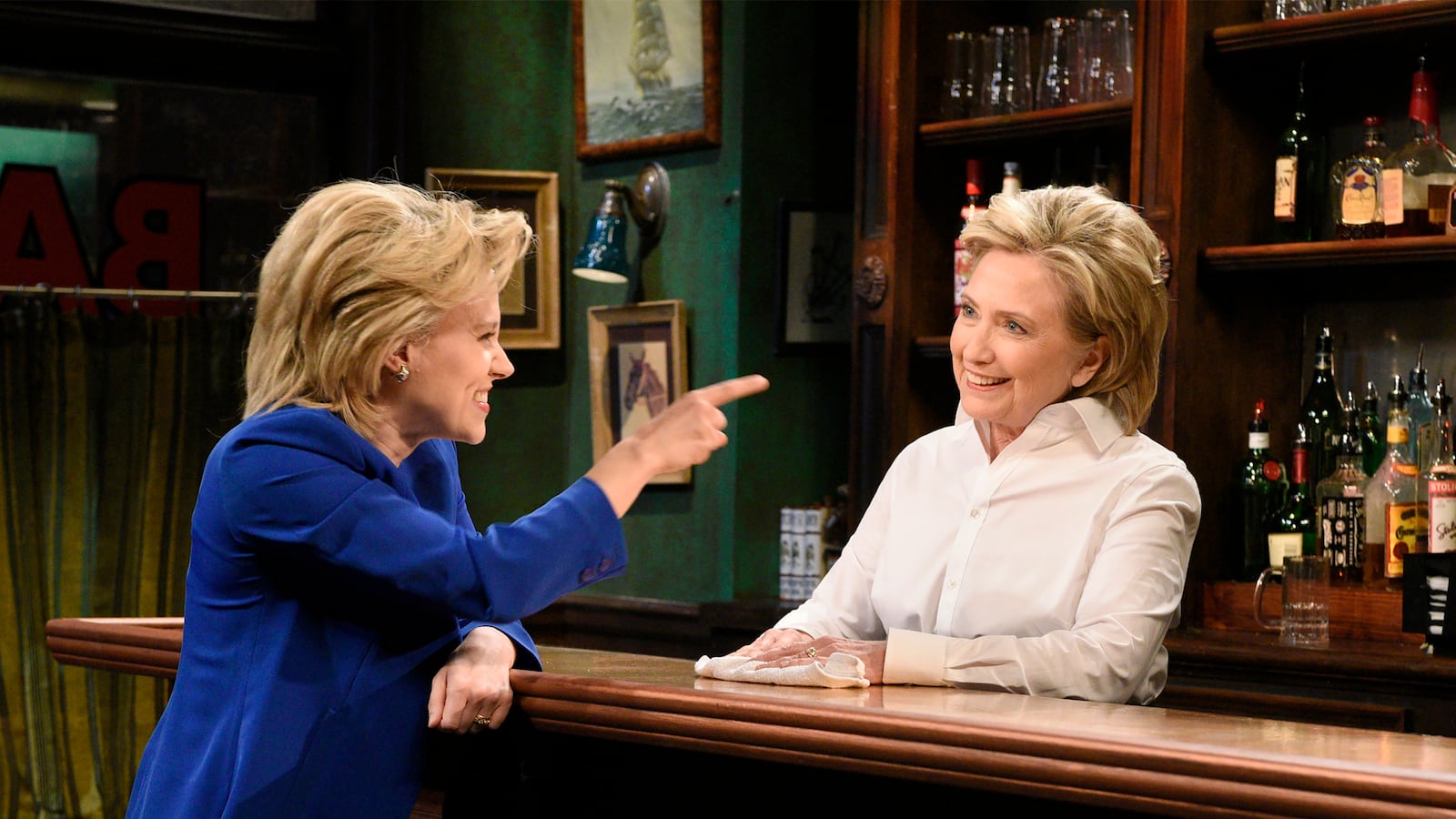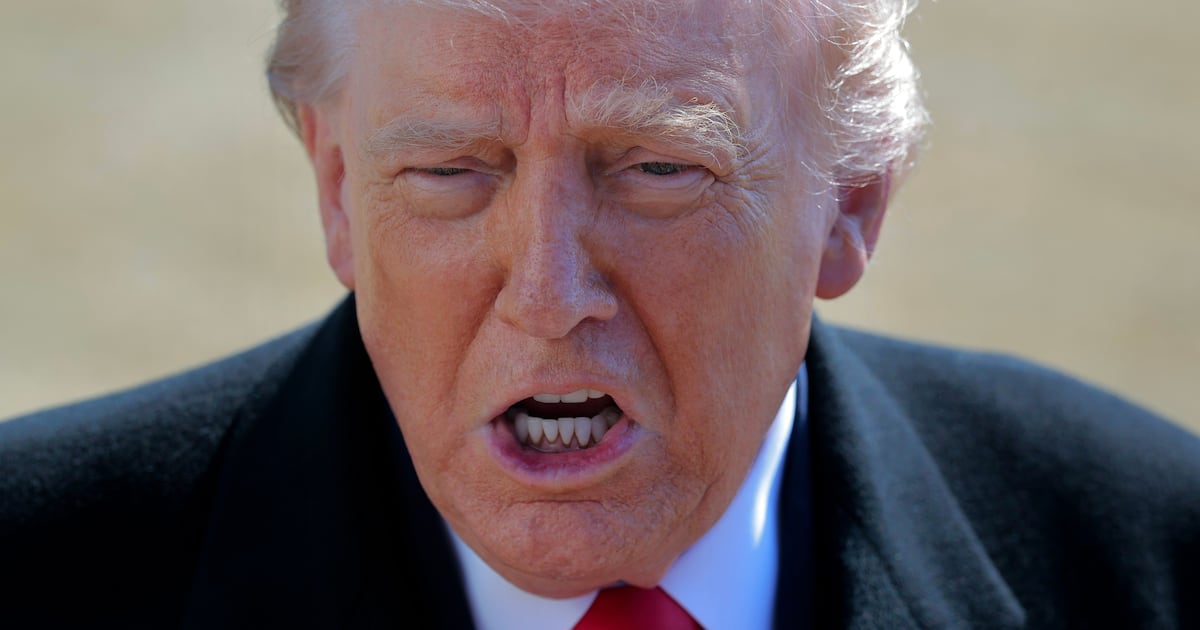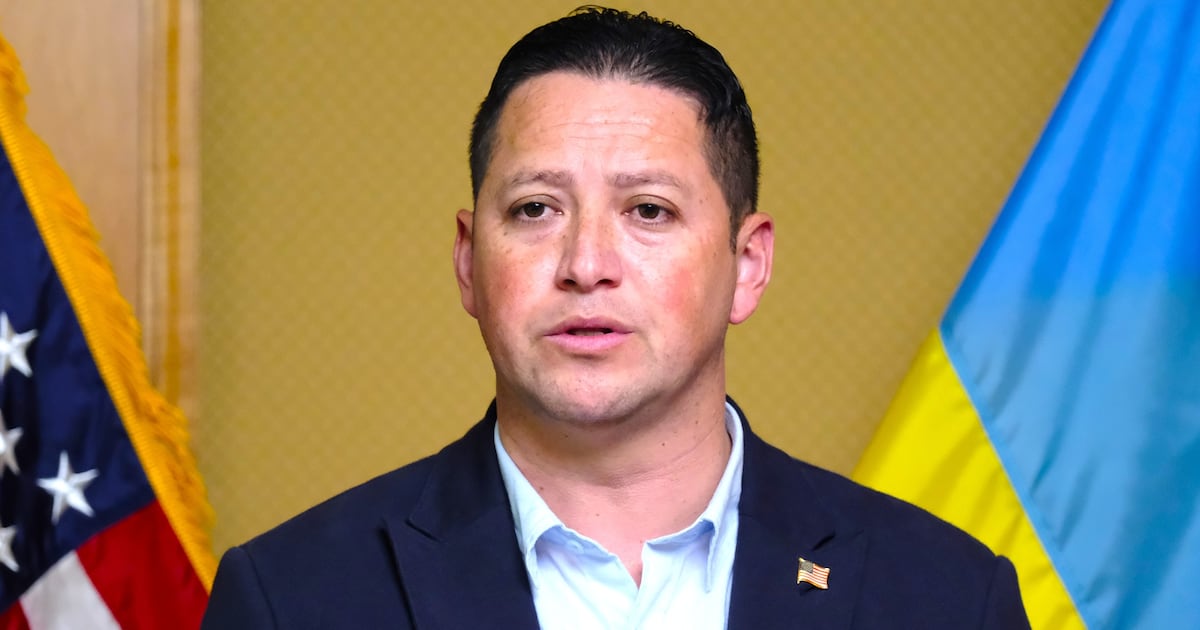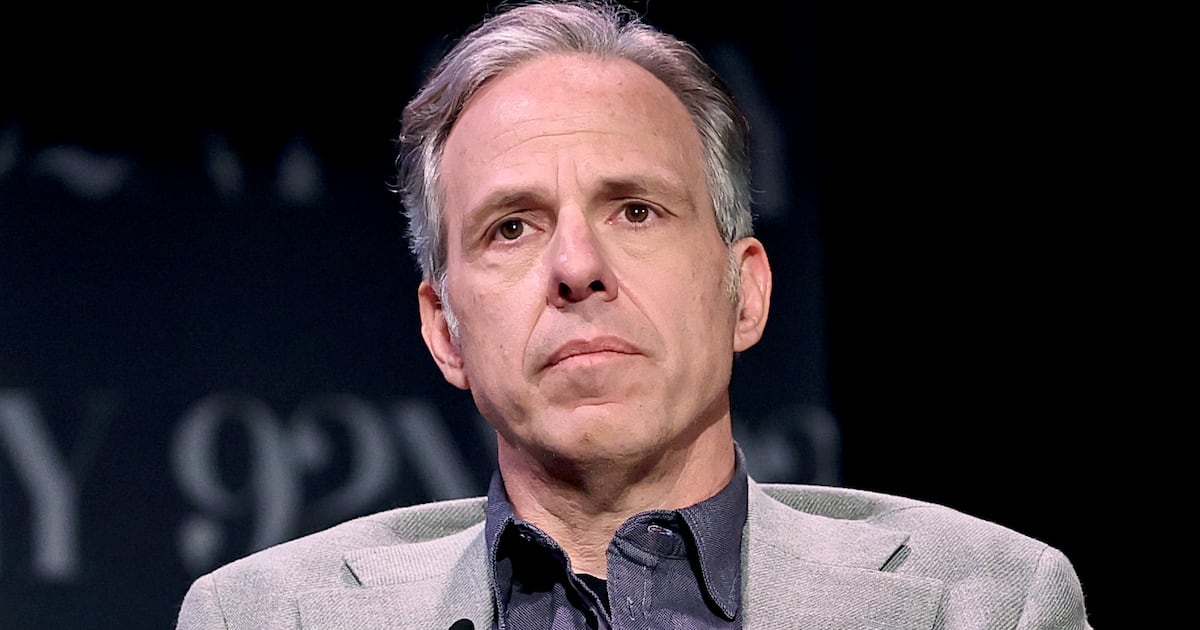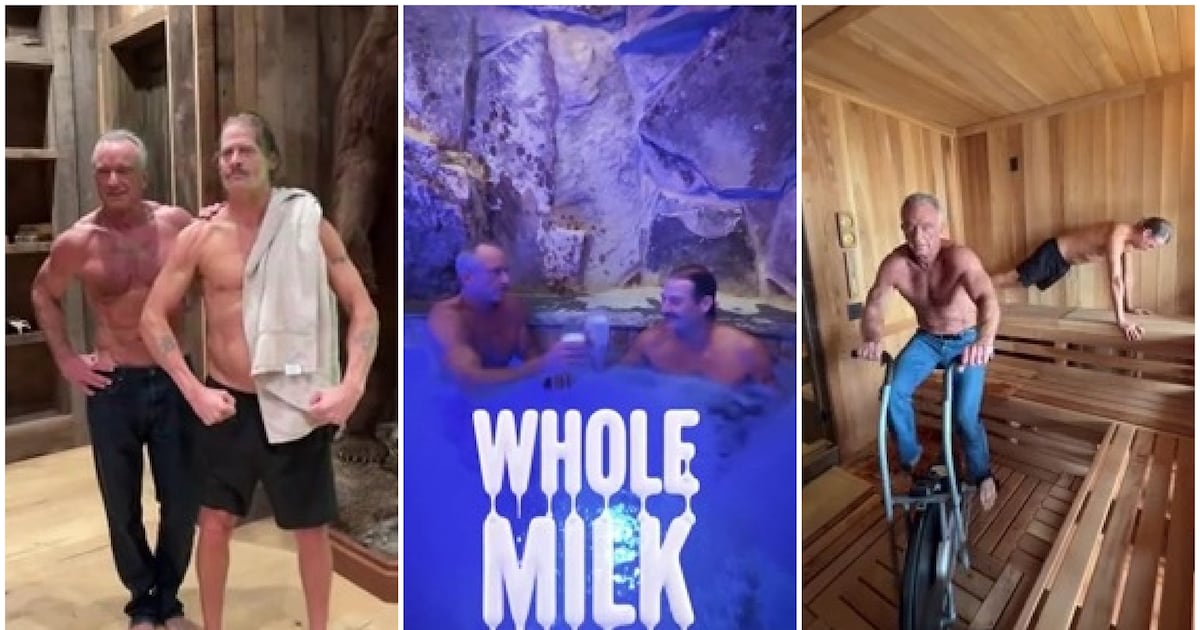I don’t want to read too much into Hillary Clinton’s appearance on Saturday Night Live, except, of course, I’ve been encouraged to read things into it. So I can’t ignore how, in this past weekend, Hillary Clinton wasn’t entrusted to play herself.
On the heels of her lowest approval ratings in decades, and—in her words—the “drip, drip, drip” of unofficial State Department emails, the SNL visit appeared to be part of the “new efforts to bring spontaneity to a candidacy that sometimes seems wooden and overly cautious.” Because nothing highlights a candidate’s spontaneity and sense of humor like appearing on stage next to professional improv comics.
Indeed, since most non-actors can’t appear natural on stage, 99 percent of SNL sketches starring political figures contort themselves around politicians’ inability to actually act. Especially if they’re starting in cameos and not doing a weeklong improv immersion, pols appear on SNL mainly to highlight the differences between themselves and their caricature. That’s what Hillary did her first time through, after all. (See also, George H.W. Bush, Sarah Palin, John McCain, Bob Dole, and Janet Reno.)
When Barack Obama stopped by in 2007, his lack of pretense gave the spot a meta punchline that doesn’t even need hindsight to be a damning commentary on Hillary’s current project. Set at a Clinton family costume party, the guest in an Obama mask pulled it off to reveal himself to be… Obama. “I enjoy being myself,” he says. “I’m not going to change who I am just because it’s Halloween.”
As for the character Clinton played: the apparently hallucinatory bartender “Val”? Well, Hillary wouldn’t be the first person to plumb a boozy imagination rather than fact for insight into her problems; Clinton fan fiction auteur Ed Klein’s sources seem to come from the bottom of a glass as well. (They even speak with the stiffness of people trying desperately not too seem drunk.)
Of course, SNL didn’t mean to imply that Clinton’s only friends are either paid staffers, family members, or invisible. (Which, by the way, would make her just about as popular as any member of Congress.) Rather, the whole project reeked of the same forced jolliness that brought us recent footage of Hillary’s rictus grin during the “Nae Nae.” But if we elected presidents by the humiliations they were willing to go through to get the office, Hillary would already be finishing her second term.
The most troublesome thing about the conceit that Hillary needs humanizing is that it suggests competence isn’t human, that there’s something off-putting about not caring very much what other people think of you. Those are Hillary’s core strengths, when she chooses to exhibit them. They are the biting-on-tin-foil truths that made “Texts from Hillary” hit home.
Both Hillary’s critics and her advisers misdiagnose Hillary’s perception problems. House Speaker-to-be-ish Rep. Kevin McCarthy delivered his assessment with hubris-tempting bravado. “What are her numbers today? Her numbers are dropping. Why? Because she’s untrustable,” he said, before taking credit for character-assassination-by-Benghazi-committee: “But no one would have known that any of that had happened had we not fought to make that happen.” If the cause-and-effect between Secretary Clinton and the Libyan attacks were as clear as the connection McCarthy makes between the Congressional Republicans and her poll numbers, they wouldn’t have needed to conduct the fishing expedition in the first place.
Meanwhile, her aides believe McCarthy and assorted bad guys have played right into their hands: “The true game changer is when there’s a personified opponent,” spokesperson Jennifer Palmieri told The New York Times. But if there’s been a time that Clinton has not has a “personified opponent,” it’s only been when she looks in the mirror… and I’m not even sure if there isn’t one then.
So endless ink has been spilled analyzing what propels the dips and swings of her approval rating: She’s popular when she’s the victim! She’s unpopular when you can show her duplicity! She is at her most popular, I’d argue, when she’s working. Working at something other than being popular. While she was fighting for the life of her husband’s administration, while she was a senator, while she was secretary of state. She’s most polarizing, ironically, when she’s running for something—when she’s trying to get everyone on one (her) side.
She works hard at this, because if her enemies think it’s that she’s “untrustable” or “unlikable,” her allies believe the problem is being “unknowable.” So, viz. SNL, Ellen, Lena Dunham, et. al, she is in a state of constant re-introduction, traveling a Mobius strip receiving line that neither the greeter or greeted can get off. It seems exhausting for her. It’s certainly exhausting for us.
Politicians promise to work hard for us, that’s great. What we don’t want is for them to work hard for themselves. Even more to the point: We don’t want them to work hard to be themselves.

